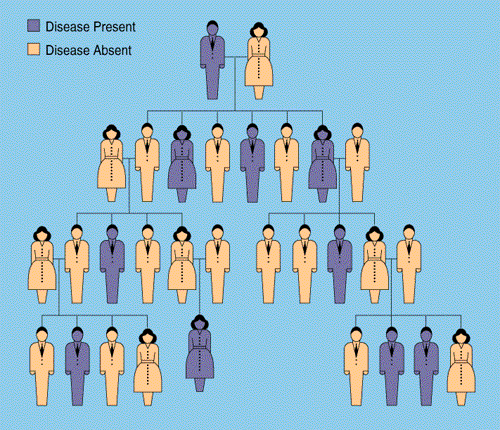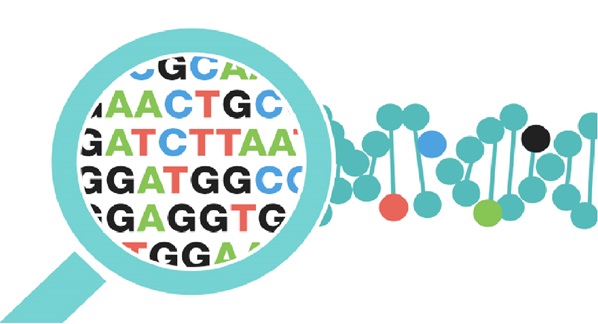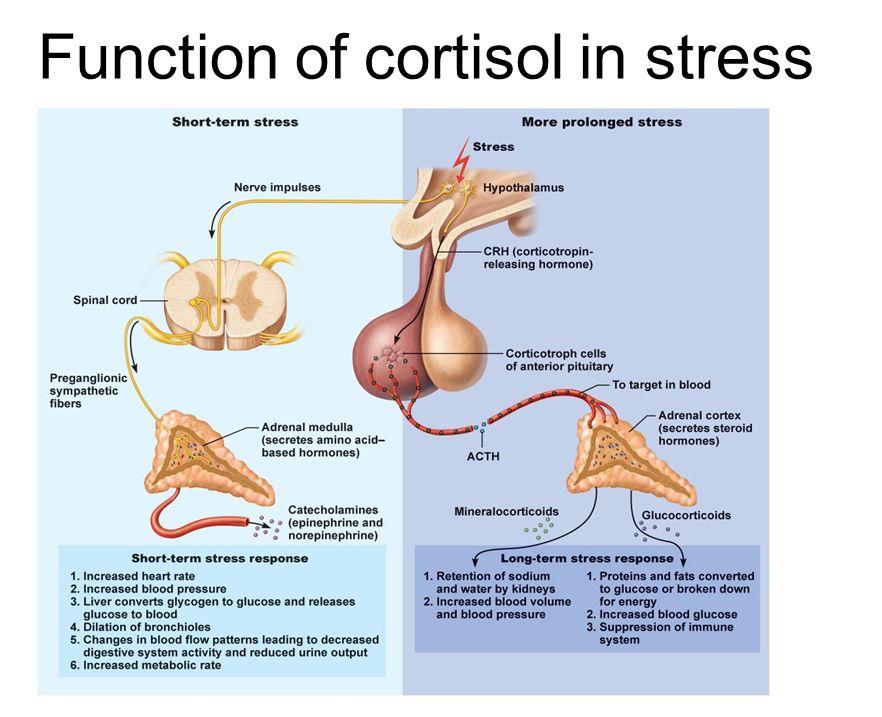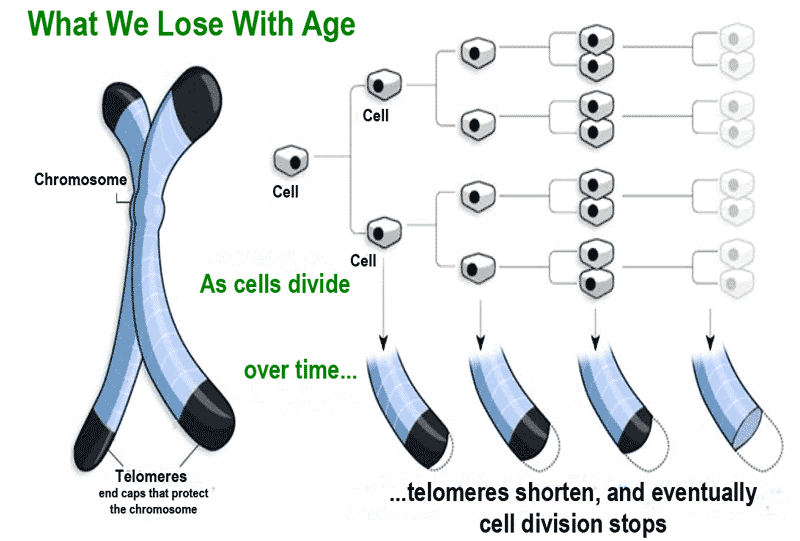
The saying You get what you pay for – has symbolic meaning when it comes to genetic testing on several levels.
Choosing the right genetic test comes down to key factors – but it is best illustrated by an example:
Let’s say you want to build a house.
You hire an architect and he creates blueprints for you.
You see the blueprints and everything looks impressive – so you feel that it is ok to move forward.
However…
What if there are errors? What if the architect based his decisions on information that was not current or relevant to your needs and reality? What if he did not double check measurements?
Genetic testing is the same way.
Unless you are academically trained in the field (and continue to upgrade your skill-set), it is impossible to fully understand the reality and scope of genetic tests.
The most common genetic tests are for disease and health conditions.
 How do tests vary aside from price?
How do tests vary aside from price?
The majority of diseases are caused by several mutations in multiple genes, only rarely are diseases caused by mutations in a single gene.
One can assume a few things here:
1. The cheaper the test – the less genes and SNPs (markers that make up each gene) that are tested per condition;
2. The less relevant data and research is used as larger/current and updated research studies are more expensive;
3. The report most likely will not help you know with certainty what you are at risk for – and what to do about it;
4. Cheaper tests are interested in your genetic data, not your health.
It is important to remember more than 1 gene make-up the majority of disease and conditions. Therefore, a trained professional must be able to read and analyze all your test result, and if necessary, propose further testing.

We begin our work with you by conducting an extensive and inter-active health history. We believe that genetic testing is impactful on you and your loved ones, so it is important to fact gather to determine which test(s) are best for you. The majority of our patients come to us with a test or panel in mind, and more than 50 percent of the time, end up getting another test(s) done after this…
Next, after the test results are available, we sit with you and go over everything and then allow you to go home, reflect, analyze and ask further questions. Our analysis goes beyond what the test states – as we analyze the relationships between the genes, current health status, bloodwork and other diagnostics we may have on hand.
We then, together, make a plan based on the results on what to do to prevent gene expression, help with a goal be it overall health, weight, fitness, athletic performance from our individualized epigenetic plans. In some cases we may recommend testing family members as well. We are also available to discuss results with other members of your medical team.
We continue to support you down the road, and in some cases may update your results as new studies and data become available.
We work with experts around the world. If you need a specific test for a rare disease, we can find it for you, lobby the government for funding if available, and be your advocate.
We are always updating and moving forward with the industry to new tests, new standards, all in your interests.
Genetics is the future of medicine. Current medical models cannot support individual needs for health. We are here to provide that bridge and continue to make it stronger. As technology and testing changes, so do we – our goal is to always offer you the best options available at pricing that makes sense for the superior services we offer.
As always, there is the golden rule we follow: Our testing services are private. No data is sold, shared, or kept on file.
In our 3rd part of our series, we will discuss – Epigenetics and how to use your genetic test results to improve your life quality and longevity.





